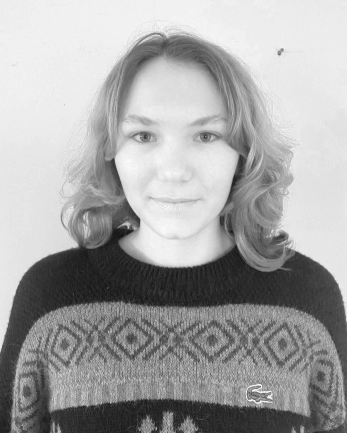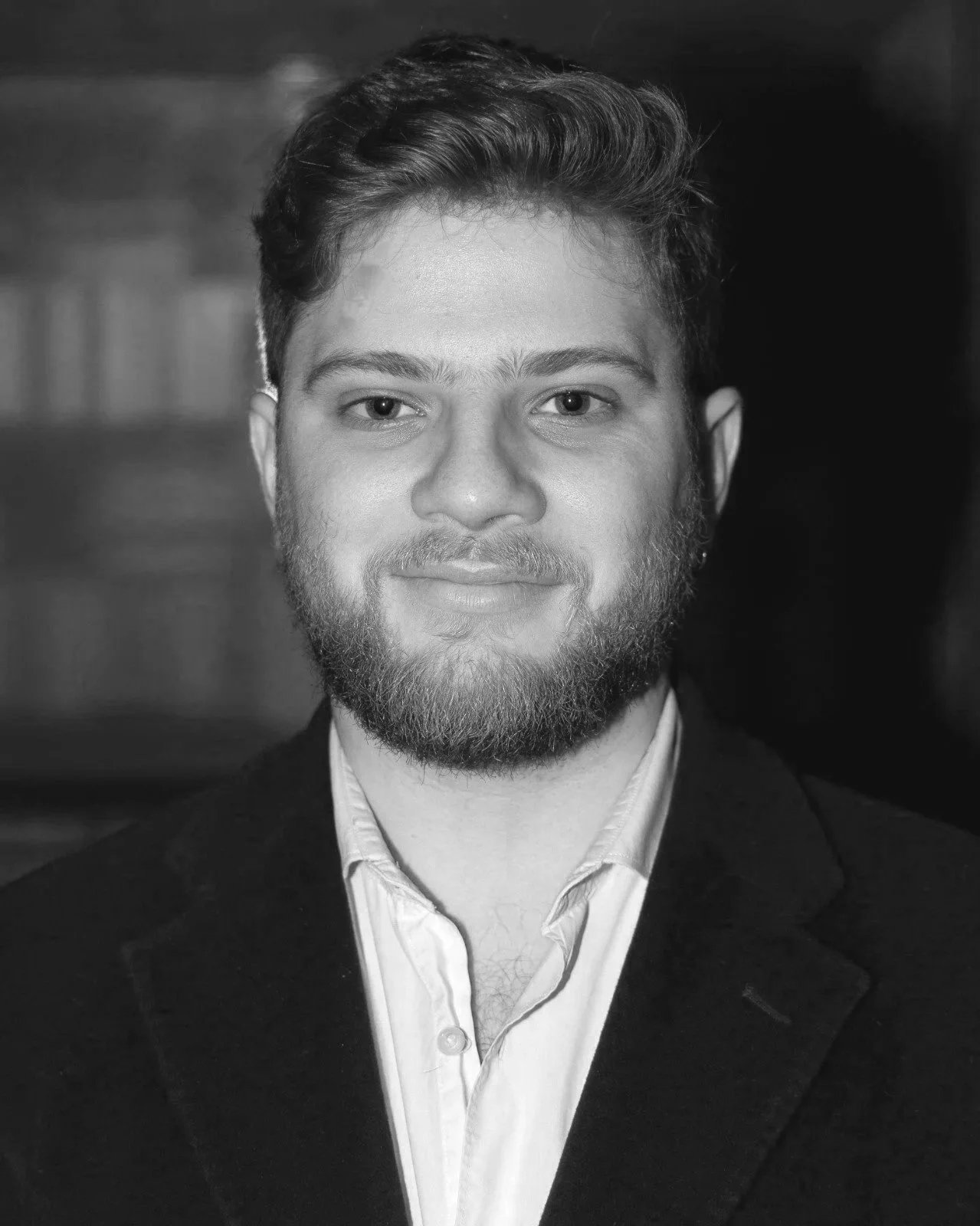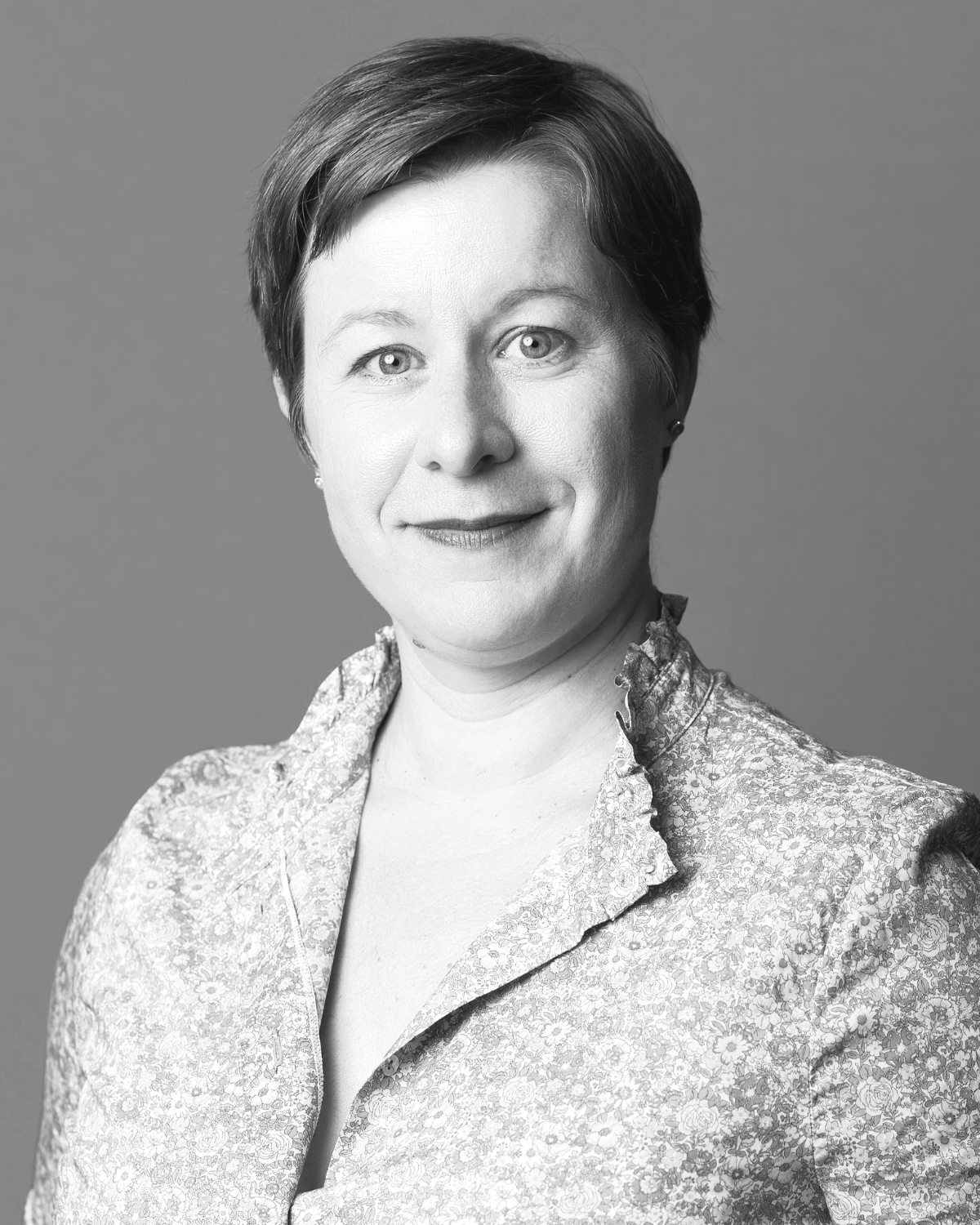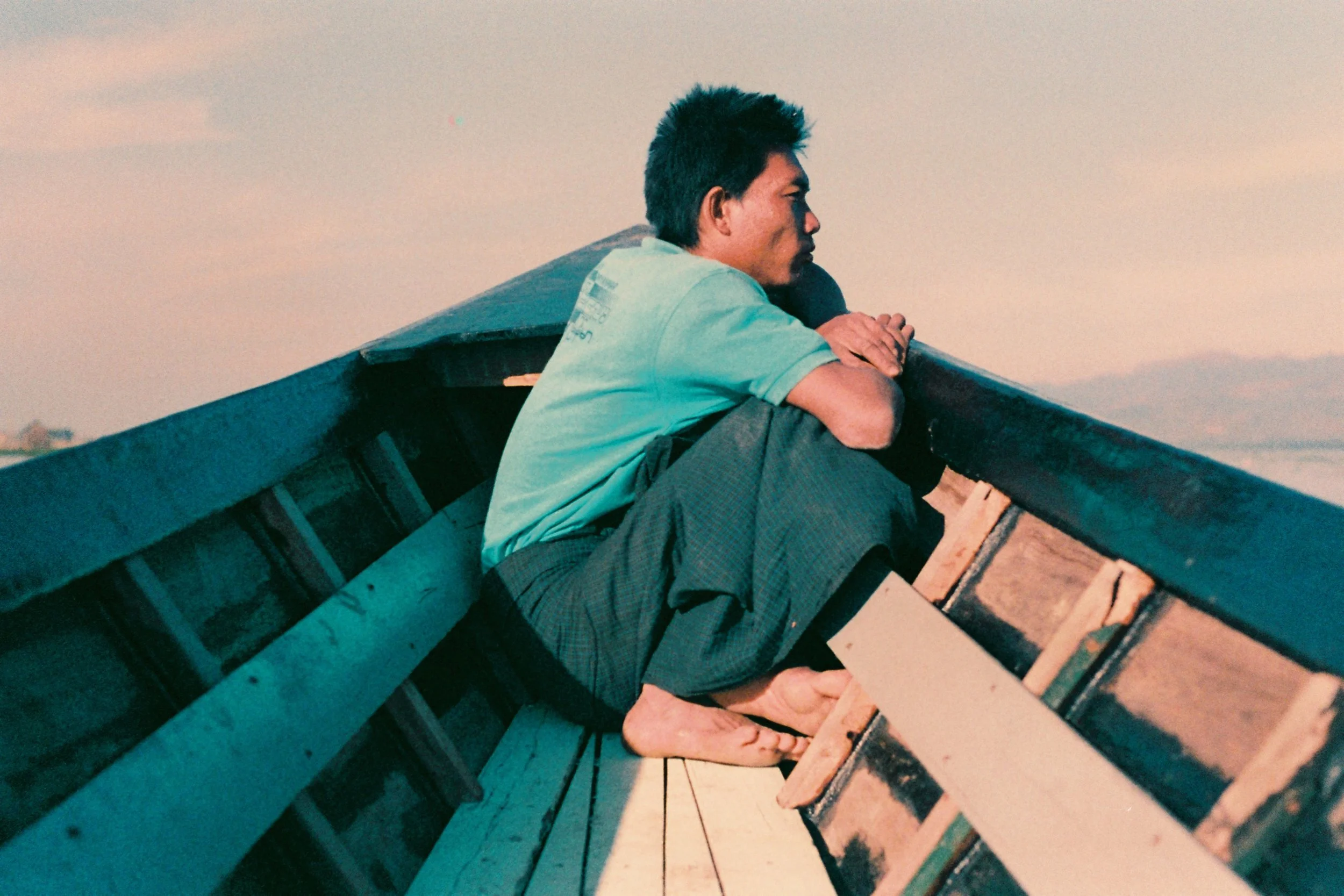Mia Cressman’s interest in humanitarian issues and international relations was shaped by 14 formative years living across Africa, sparking a deep curiosity about Sub-Saharan politics and decolonial thought. She recently earned a First Class Honours degree in Liberal Arts, majoring in Politics at King’s College London, where she focused on humanitarian policy and global decolonial justice. Her dissertation—Blackness, Gender and the Colonial Continuum of Sexual Violence: Contextualising Maria Lugones in the Democratic Republic of the Congo—affirmed her passion for research and writing. As she begins her professional journey, Mia is committed to advancing equitable, forward-thinking humanitarian strategies.
Jorge Itriago
Jorge L. Itriago is a policy and development specialist with a background in law, global governance, and international cooperation.
He has experience in policy analysis and project management across European and multicultural settings, with a focus on economic and human development. Jorge holds degrees in Law and Global Governance from ESADE and a Master’s in Cooperation and Development from the University of Pavia. He has worked in public affairs consulting and analysis, exploring the connections between political communication, policy-making, and international relations. He is passionate about advancing inclusive development, fostering crosssector collaboration, and contributing to impactful, evidence-based global initiatives.
Estelle Robert
Estelle Robert is a human resources practitioner and strategist who has been working in the humanitarian and development sector since 2003, in both field and HQ roles across diverse operational contexts.
Convinced that people are the cornerstone of impactful aid, she founded Humanitalents in 2017 — a consultancy dedicated to helping NGOs and mission-driven organizations strengthen their HR systems, leadership capacity, and recruitment practices. Since then, she has supported numerous actors in designing tailored solutions, particularly in senior leadership hiring, HR structuring, and team performance.
Her current work focuses on positioning HR as a strategic and transformative function in a sector facing deep structural shifts. She explores innovative approaches such as the externalization and mutualization of HR functions — including Recruitment Process Outsourcing (RPO), shared HR services, the creation of "HR help desks" and employer group models — to help organizations become more agile, resilient, and ethically aligned.
Through research, consulting, and field collaboration, she works to align people, purpose, and performance at every level. Within IARAN, she contributes to forward-looking reflections on the future of aid and the transformation of internal systems that underpin operational excellence and collective impact.
Puji Pujiono
Puji Pujiono is a prominent advocate of humanitarian practice and reform in the Asia-Pacific region. He has reinvented himself after a two decade professional and managerial experience in humanitarian response with the United Nations and intergovernmental disaster management regional cooperation in ASEAN. Recognised as a key driver behind Indonesia’s disaster management law and the ASEAN regional agreement on emergency response, he has made a significant contribution to regional disaster governance. He served as a Sherpa in the Grand Bargain, representing the Network of Empowered Aid Response (NEAR), and led the Asia-Pacific Local Leaders Initiative, as well as chairing the Global Localisation Lab. Locally, he is a Senior Advisor to the Pujiono Centre and a convenor of the Indonesian Development-Humanitarian Alliance. A social worker by profession, Puji is the president of the Indonesian Independent Association of Professional Social Workers and a steering committee member of the Global Social Service Workforce Alliance.
Barbara N. Kayondo
Barbara is an academic and researcher at Makerere University Business School (MUBS) in Uganda, where she lectures in the Department of Information Systems. She is currently pursuing her PhD at the University of Cape Town, with her research focusing on enhancing compliance with Uganda's Data Protection and Privacy Regulations. Her academic interests span cybersecurity, data privacy, artificial intelligence, humanitarian work, and animal welfare.
Barbara is deeply committed to community development and advocacy. She leads Effective Altruism initiatives in Kampala and at MUBS, promoting impactful research and supporting both current and future generations. As a resident ambassador for future generations in Uganda, Barbara focuses on building futures literacy, strategic foresight, and long-term thinking among the youth, advocating for intergenerationally fair policies to improve governance and drive sustainable progress.
Her passion lies in creating an equitable and connected humanitarian ecosystem. A fervent advocate for ethical practices in technology and data management, Barbara dedicates her efforts to sharing and developing practical ideas that deliver long-term societal benefits. She envisions working alongside like-minded fellows to foster collaboration and innovation that contribute to a more just and informed world.
Fabio Bonacina
Fabio has more than twenty years of experience in international banking and insurance sectors.
He has significant experience in risk management, Compliance Conduct & Ethics (market conduct, codes of conduct, whistleblowing, bribery and corruption, customer centricity), Corporate Governance, Privacy & Data Protection and ESG.
He is a highly motivated and dedicated person in trying to make a substantial difference: he is committed to promoting resilience, particularly where economic development problems and environmental and social circumstances conflict with the need to move to a more sustainable economy.
Osama Hafiz
With a Master's in Global Health focused on Conflict and Security, Osama is committed to redefining humanitarian discourse through the lens of the Humanitarian-Development-Peace Nexus. His academic pursuits explore the interplay of the humanitarian and development nexus, particularly regarding primary healthcare in areas affected by conflict. As a Project Manager with a humanitarian organisation, Osama oversees medical outreach projects dedicated to bridging the gap in health service access for marginalised communities globally, firmly believing in integrated, person-centred services. Osama believes in the power of diplomacy, as he aims to leverage diplomatic approaches to dismantle silos between the humanitarian, development and peace domains. Joining IARAN, he commits to their strategic foresight and analysis mission in the humanitarian field, eager to develop innovative solutions for complex challenges
Miguel Castillo
Miguel Castillo is a Health professional with more than ten years of experience across a variety of settings, including conflict-affected areas, migration or protracted crises. Miguel has supported delivering health programming across the globe, including in South Sudan, Democratic Republic of Congo, Bangladesh, Venezuela, Iraq, among others.
Specialized in implementing comprehensive health programs within humanitarian interventions, and deeply committed to exploring innovative digital health solutions in these challenging contexts, Miguel is continuously exploring transformative approaches to strengthen and fortify health systems, with an unwavering dedication to improving healthcare outcomes and adopting patient-centered approaches.
When outside of work, Miguel keeps busy with his energetic toddler daughter and challenging himself to be prepared to run a half-marathon.
Gianluca Ranzato
Gianluca is a development and humanitarian professional with more than 20 years of experience in the sector. After graduating in Agricultural Sciences, devoted himself to study Cultural Anthropology and Humanitarian Leadership. Gianluca has worked oversee for 12 years (Mozambique, South Africa, Thailand, Indonesia, Sri Lanka and Myanmar) with local civil society actors strengthening vision, strategy and networking.
Since 2014 he works for Save the Children Italy where he is now Humanitarian Strategist. His areas of specialization are People Surge Capacity, Preparedness and Anticipatory Action, Humanitarian/Development/Peace Nexus and Localization. More recently he has been focusing his studies and work on foresight based strategic thinking.
Gianluca is married to Cecilia and father of Eva and Elia and plays in a noise punk band.
Marta Persiani
Marta has about 15 years of experience working in the Development and Humanitarian sectors, mainly in Management, Quality and accountability, both in INGOs and in the UN. She is currently the Head of Programmes Management and Development in Save the Children Italy - supporting the organisation’s Localisation and Partnership focus - while consulting independently on M&E, Accountability to Affected Populations, Safeguarding and Prevention of Sexual Abuse and Exploitation.
She strives to continuously change observation points, as a means to inclusion, relevance and accountability, and to challenge (hers and others’) personal and professional assumptions towards growth and coherence. She does so by diversifying her professional careers (including, for instance, collaborating with Universities in Bologna - Italy and Reykjavik - Iceland), to nurture a wide while detailed vision.
Marta has decided to join IARAN as she views it as an opportunity for ongoing learning and exploration. She also believes that a stronger strategic sectoral reflection is essential for ethical, relevance, and efficiency reasons, and emphasizes the need for continued connections within the wider ecosystem beyond our sector.
Max Santana
Max Santana specialises in strategic foresight, drawing on his experience in intelligence and risk consulting. Prior to joining IARAN, Max held research positions at Control Risks and the Mexican Institute for Competitiveness (IMCO), a public policy think tank in Mexico City.
Max also has teaching experience in strategic foresight. He has tailored strategic foresight courses for international relations students at Tec de Monterrey and shares his expertise in strategic planning with students on the Specialty for Tomorrow programme at CENTRO, a university specialising in creative industries in Mexico City.
Francois Bourse
François is is the Director of studies at Futuribles, a Paris based international, independent, private non-profit organization network on future studies that we have worked with in the past. He is also an Associate Professor at Cnam, a member of the innovation teaching team, the Research Chair of prospective and sustainable development.


























